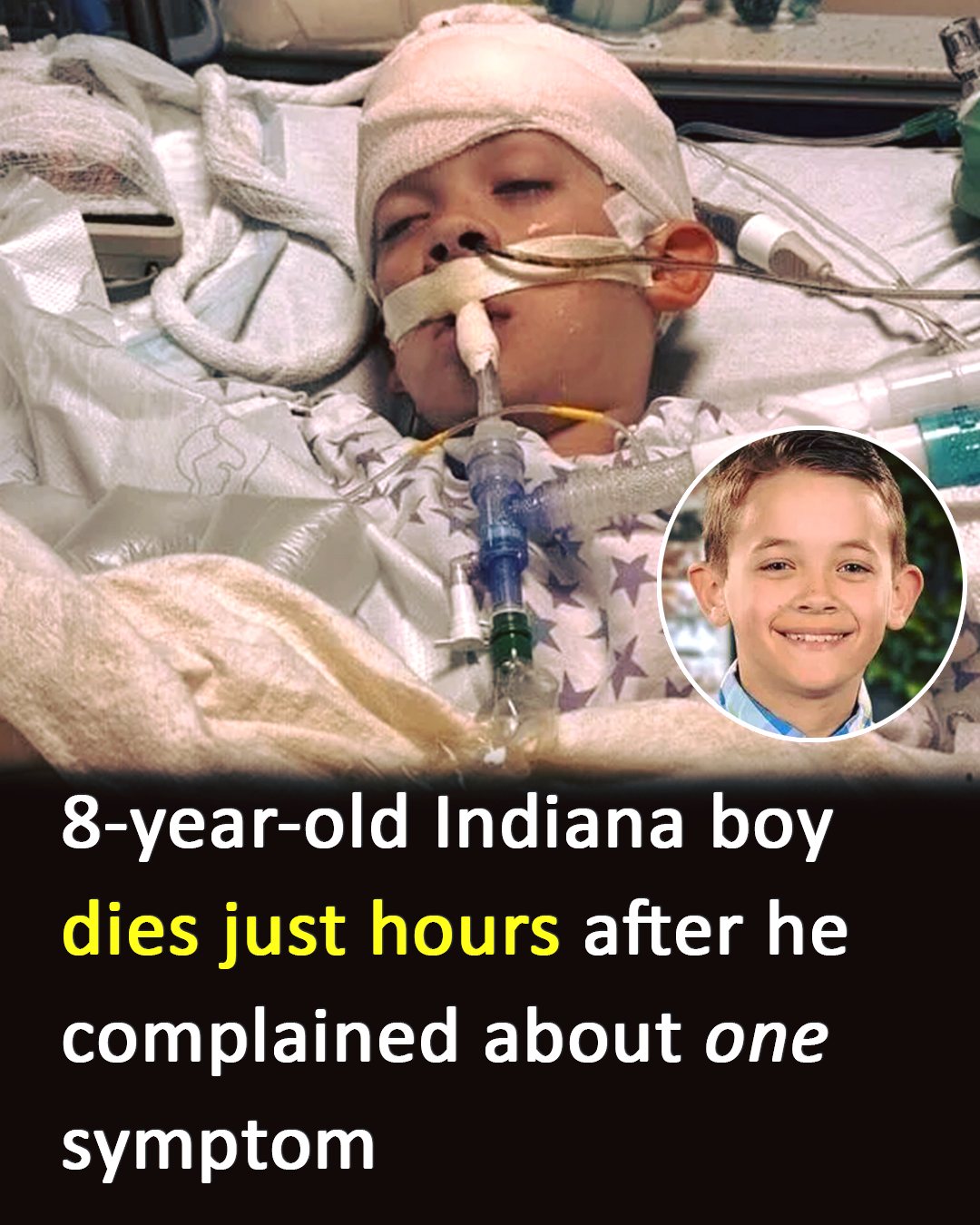When Ashlee Dahlberg’s eight-year-old son, Liam, came home from school one day complaining of a mild headache, she didn’t think much of it. Like most parents, she assumed it was something small—maybe just tiredness or the start of a cold. Nothing pointed to anything serious. But by the next morning, everything had changed.
Overnight, Liam became unresponsive. In a panic, Ashlee and her husband rushed him to the hospital, where doctors delivered heartbreaking news: Liam had contracted a rare and aggressive bacterial infection called Haemophilus influenzae type b, or Hib. Despite sounding similar to the flu, Hib is far more dangerous. It had already spread to his brain and spinal cord before doctors could intervene.
“They found out how much bacteria had covered his brain and spinal cord,” Ashlee later said. “There was nothing they could do.”
Even though Liam was fully vaccinated, doctors believe he came into contact with an unvaccinated child—highlighting a growing problem with vaccine hesitancy. Ashlee had followed every medical recommendation, but one exposure proved fatal. Hib spreads easily and can be carried without symptoms, making it nearly impossible to predict or prevent.
“Most people who get it die within 24 hours,” she said. “And I wouldn’t wish this pain on my worst enemy.”
Before the Hib vaccine was introduced in the 1980s, the illness was one of the most feared among pediatricians. It can cause meningitis—a dangerous inflammation of the brain and spinal cord that often results in death or permanent damage. Liam’s infection progressed so fast that by the time scans were done, the damage was already beyond repair.
“To lie next to him while they took him off life support… I felt his little heartbeat just slowly fade away,” Ashlee said through tears.
Amid her unimaginable grief, Ashlee decided to speak out—not for attention, but to help other families avoid the same heartbreak. Her message was raw, filled with sorrow and guilt: “I feel like I failed my child because I couldn’t protect him from everything.” But by speaking out, she turned her pain into purpose.
The Hib vaccine is about 95% effective—but it only protects those who receive it. That leaves infants, immunocompromised children, and those still completing their vaccination schedule at risk if they’re exposed to unvaccinated individuals. Dr. Eric Yancy, a veteran pediatrician, explained bluntly: “If Hib doesn’t kill a child quickly, it often leaves them with permanent complications.”
A GoFundMe campaign created in Liam’s memory raised over $54,000 and revealed the vibrant, joyful boy he was. In a heartbreaking video shared by Ashlee, Liam lies in a hospital bed, barely conscious, his voice fading.
Today, Ashlee’s plea is simple and urgent: “Please. Vaccinate your children. I don’t want any other parent to go through this pain.”
Her voice may be soft, but its message is powerful—echoing the grief of a mother who lost her child in a matter of hours, and the warning that this tragedy didn’t have to happen. Liam’s story is a solemn reminder of how quickly life can be taken—and how important it is to protect the most vulnerable among us.
